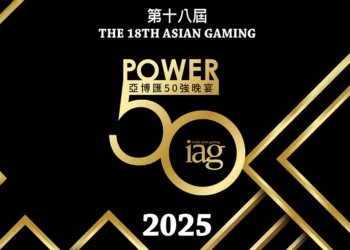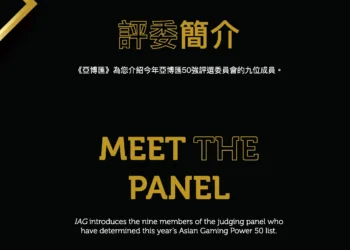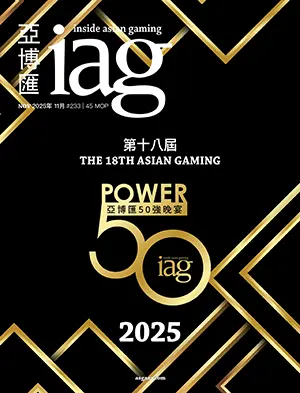One of the Asian gaming industry’s most infamous legal disputes has reached a major determination in its principal proceedings after Macau’s Judicial Court of First Instance dismissed claims by local supplier LT Game against subsidiaries of Light & Wonder over two disputed electronic table game patents. The finding follows several other recent decisions in which injunctions against Light & Wonder were removed.
In a ruling dated 30 July 2025 but only made public today, presiding judge Chan Chi Weng found that plaintiffs Jay Chun, Natural Noble Limited and LT Game Limited – which sought to impose patent rights over two of its ETG inventions – had failed to satisfy patent requirements against the defendants – Shuffle Master Asia Limited (Macau and Australia), Shuffle Master Inc and SG Jogos Ásia S.A. – because the inventions underlying the patents were deemed obvious to a professional in the field and lacked a sufficient inventive step. As such, the patents did not meet the legal requirements for protection under Macau’s Industrial Property Legal Regime (RJLP).

In issuing its ruling, the court dismissed all claims by the plaintiffs against the defendants while accepting the second defendant’s counterclaim. It also declared the LT Game Patents I/150 and I/380 – which relate to “Method and system for playing the baccarat jackpot” “Gaming terminal and system” respectively – null and void, cancelled their registration and prohibited the plaintiffs from using terms referring to the patents under Article 107 of the RJPI.
The plaintiffs will be required to cover all legal costs.
It is now 13 years since LT Game first launched its patent claim against Shuffle Master in a case that is part of Macau industry folklore. Famously, Macau customs agents in 2012 rolled into the G2E Asia trade show and covered Shuffle Master’s equipment in plastic, citing patent infringement concerns. Similar, although less dramatic action had occurred in 2009.
In response, show organizers threatened to cut the power to LT Game’s booth if the dispute was not resolved.
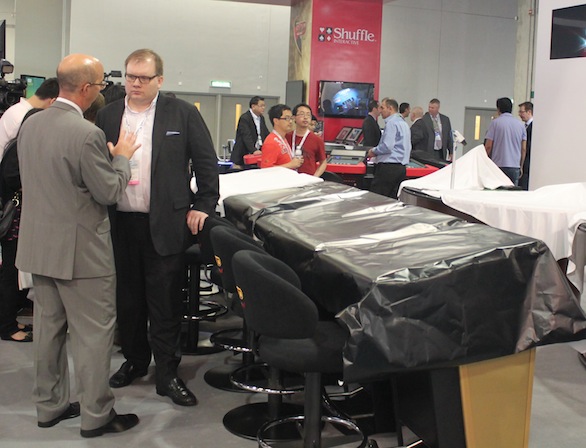
LT Game argued that the defendants had infringed patents I/150 and I/380 through their gaming machines, including “Rapid Baccarat” and “Rapid Table Game.” In comments made to IAG’s sister publication, World Gaming Magazine, at the time of the 2012 G2E Asia incident, LT Game claimed that the patents effectively gave it a monopoly over the live dealer market for any multi-game terminals throughout Macau. Its lawsuit requested injunctions, removal of infringing equipment, termination of contracts, damages and public disclosures in relation to the alleged infringements.
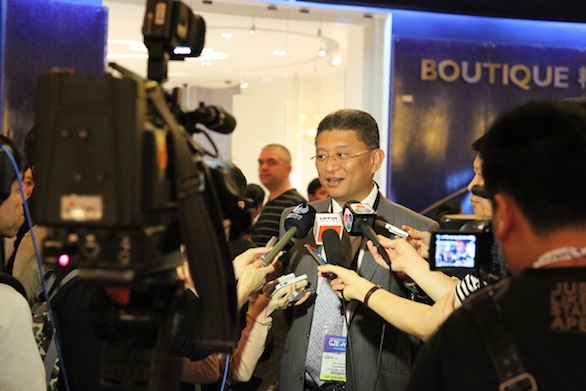
Damages sought included payment of US$15,000 per machine that was sealed at G2E Asia and had subsequently been “sold, leased or otherwise made available for a fee in the Macau SAR or abroad following contact made in the Macau SAR, namely at the annual editions of the G2E Asia exhibition”.
The court’s ruling instead invalidates the two patents at the center of the dispute and prevents the plaintiffs from enforcing any rights under them, with Shuffle Master cleared of any liability for the alleged infringements.
LT Game has indicated it will appeal the decision.













